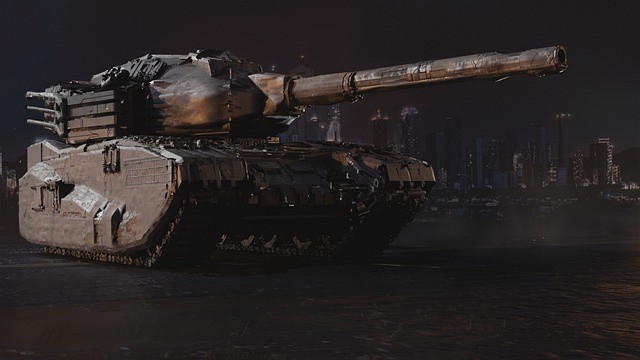
An aggressive push backed by high-tech collaboration with neighboring China, Russia is constructing a range of autonomous weapons systems using artificial intelligence to guide them autonomously, reported Newsweek via MSN.
A report called "Artificial Intelligence and Autonomy in Russia," published last Monday by the CNA nonprofit research and analysis group in Arlington, Virginia, assesses the extent to how far Russia will prioritize AI in reshaping its military.
This study partnered up with the Pentagon's Joint Artificial Intelligence Center to provide "the first major piece of US research that articulates contemporary Russia's key initiatives, milestones, and accomplishments in AI and autonomy efforts and positions those initiatives within the wider technical landscape in Russia.", noted Flipboard.
In the report, the Russian military's ultimate goal is to become the leader in 'information dominance on the battlefield, networking robotic systems to a data-linked battle network. Furthermore, these developments in
Artificial intelligence-enhanced technologies plan to take advantage of data available on today's frontline to support Russia's military and deny that advantage to other forces.
Although there are significant issues and reservations regarding turning over sensitive decision-making capabilities to ai technology instead of human brains, trends indicate the Russian decision to build robotic weaponry with Chinese AI.
China, which the report identifies as "Russia's key partner in the sphere of high technology and robotic intelligence in particular," supplies crucial input.
Even with the United States' efforts to weaken its near competitors with many sanctions, this cooperation, which is part of a broader strategic partnership cultivated by Russian President Vladimir Putin and Chinese President Xi Jinping, will be a force to be reckoned with in robotic systems development.
According to Samuel Bendett, NSI Stream, who serves as an adviser for the report and is a member of the CNA Center for Autonomy and AI, says much of Moscow and Beijing's cooperation took place outside of the defense sector.
Both countries are more than willing to work much closer to developed the technology faster.
"The bulk of the results of this relationship is seen in the civilian sphere, in the high-tech field and academic collaboration including R&D." Bendett remarked to Newsweek.
He added, "Simultaneously time, there seems to be evidence of increasing bilateral military development in general, such as participation in strategic-level military exercises in Vostok, that included command and control cooperation."
Mentioned Russia's aid to China in designing a missile early warning system as an example of the enhanced level of trust among two countries with a background of feuds in decades caused by Regional Politics.
An American senior Research Scientist connected to U.S., Jeffrey Edmonds thinks as the joint projects increasing with Putin and Xi's commitment accelerate technological progress. It has become more challenging to differentiate exactly who doing what in their common research.
Both countries are willing to build robotic weaponry with Chinese AI and share whatever comes of it, much to the US disadvantage.
Related article: F-20 Tigershark: America's Next Export Fighter That Never Came to Be
© 2025 HNGN, All rights reserved. Do not reproduce without permission.








